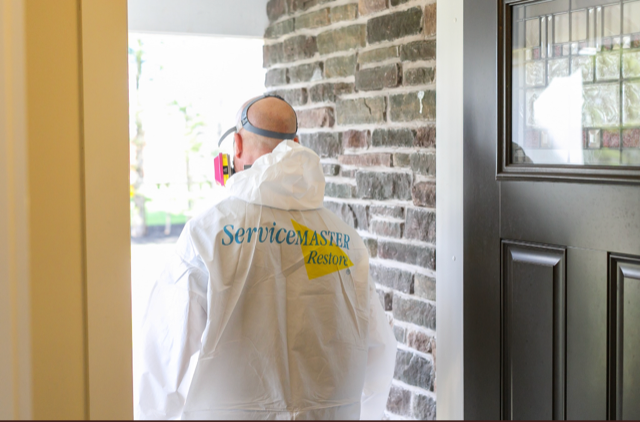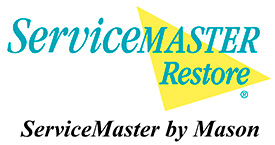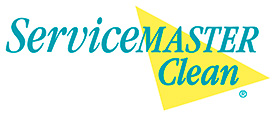
If you experience a sewage back up at your home or business, the problem is more than just an inconvenience – it’s dreadful and a health hazard. Sewage contains bacteria, viruses and other germs that can cause disease and illnesses and make a contaminated home or business uninhabitable with harmful pathogens, dirty water and strong odors.
While a sewer backup can occur at any time, excessive rain can cause groundwater levels to rise and with it, an increased potential for backups in your sewer lines and home. If there’s an existing blockage in a sanitary sewer system, then the sudden addition of water from strong storms along with the pressure from the blockage can even cause sewer lines to crack and burst.
KNOW THE SIGNS OF A SEWER BACKUP
Whether your septic system is experiencing a clogged pipe or a more extensive problem like a damaged sewer line, signs of these potential issues will appear inside and outside your home. Be aware of the potential for sewer system backups when you notice the following:
WHY PROFESSIONAL RESTORATION IS NEEDED FOR SEWAGE FLOOD CLEANUP
The dirty water from sewer backups and drain overflows or blackwater, is listed by the IICRC as Category 3 Water, and grossly contaminated with pathogens, toxins and other harmful agents. The Environmental Protection Agency (EPA) advises that exposure to Category 3 water can lead to a variety of illnesses and diseases including hepatitis, gastrointestinal infections, dysentery, and even upper respiratory symptoms.
When a home is contaminated with Category 3 water, prompt action is needed, or you risk extensive damage to the home’s structure and materials. Ordinary cleaning products and methods can’t tackle the hazardous contaminates that seep into the porous materials of your home. Any non-porous items that can be saved must be thoroughly cleaned with the proper disinfectants. But porous materials like drywall or cabinets affected by Category 3 water often need to be removed and disposed of. Some porous materials like concrete may need multiple applications with disinfectants and to be thoroughly dried. When providing contaminated water clean-up services, we use industry-proven methods and equipment, commercial-grade products and the required PPE to ensure a clean and safe environment.
WHAT TO DO WHEN SEWER BACKUPS HAPPEN
If a sewer backup occurs in your home, there are steps you can take before the professionals arrive. Make certain to limit your exposure to the affected areas and materials, and you should also:
In the event of a sewage backup, ServiceMaster By Mason is ready to respond immediately. Our mitigation services include a site inspection and evaluation, sewage and water extraction, odor removal, mold and mildew prevention, demolition services and discarding affected materials, and decontamination and sanitization. Contact us today to learn more about our sewer backup cleaning services.




